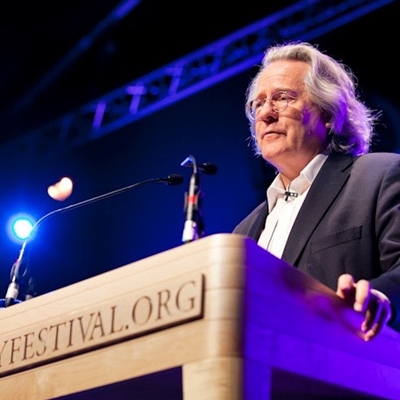What happened to the European mind between 1605, when an audience watching Macbeth at the Globe might believe that regicide was such an aberration of the natural order that ghosts could burst from the ground, and 1649, when a large crowd could stand and watch the execution of a king? In this turbulent period, science moved from the alchemy and astrology of John Dee to the painstaking observation and astronomy of Galileo. And if the old ways still lingered and affected the new mindset, Descartes’ dualism presented an attempt to square the new philosophy with religious belief. By the end of that tumultuous century “the greatest ever change in the mental outlook of humanity” had irrevocably taken place.
